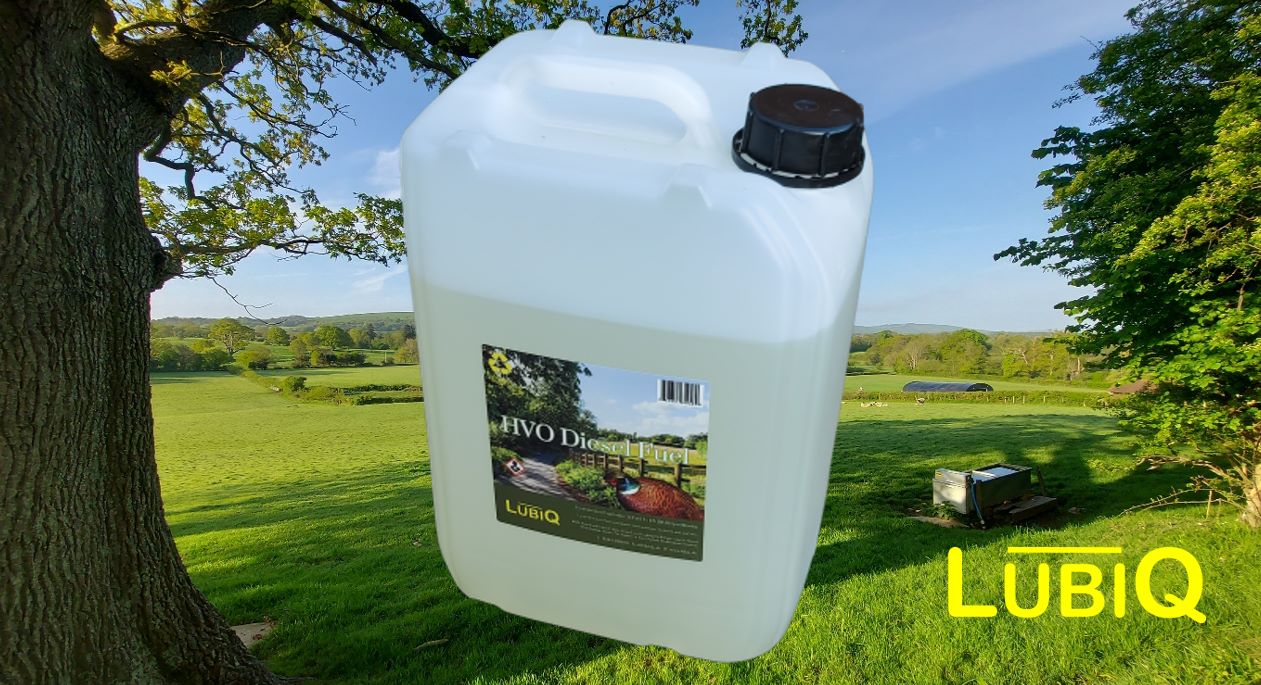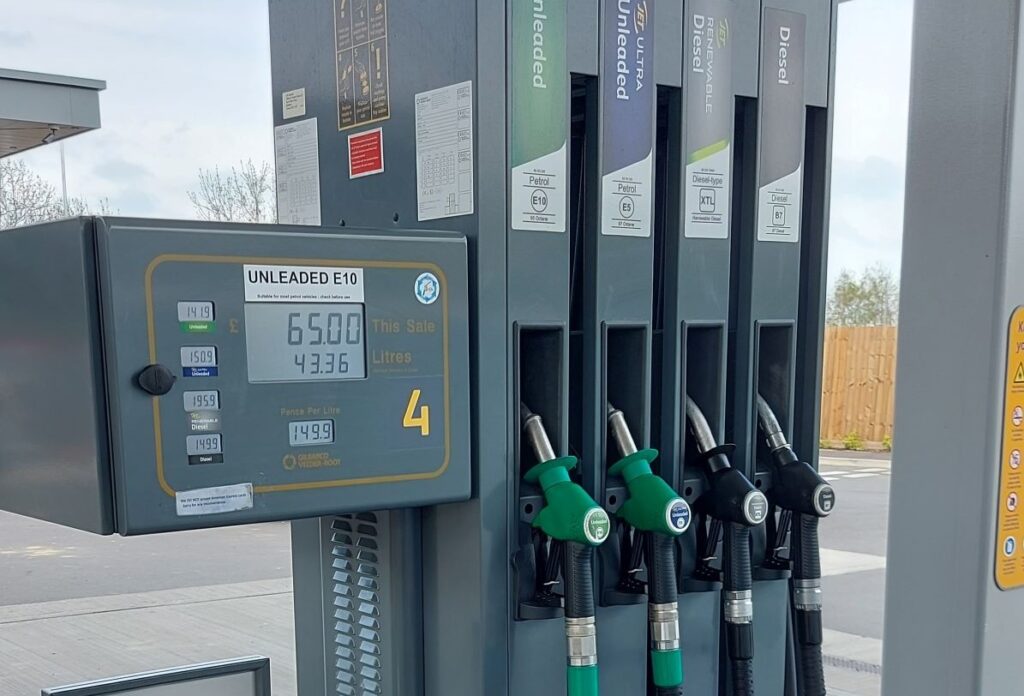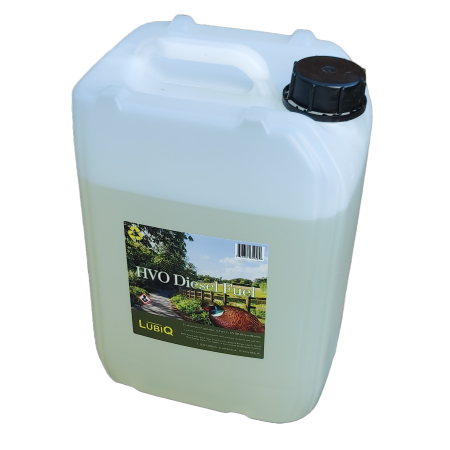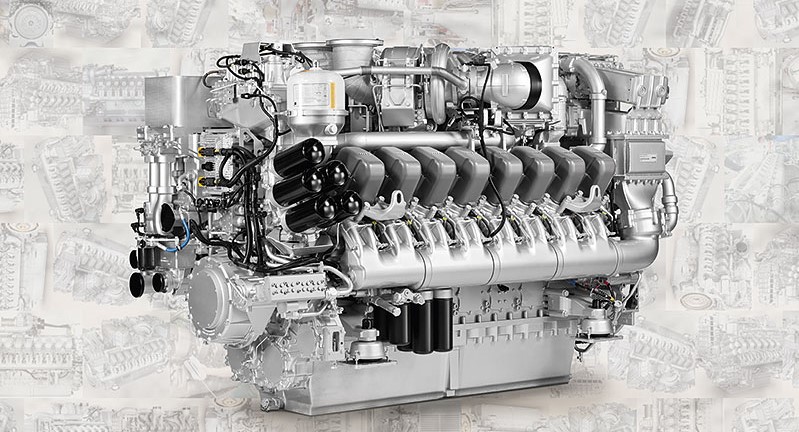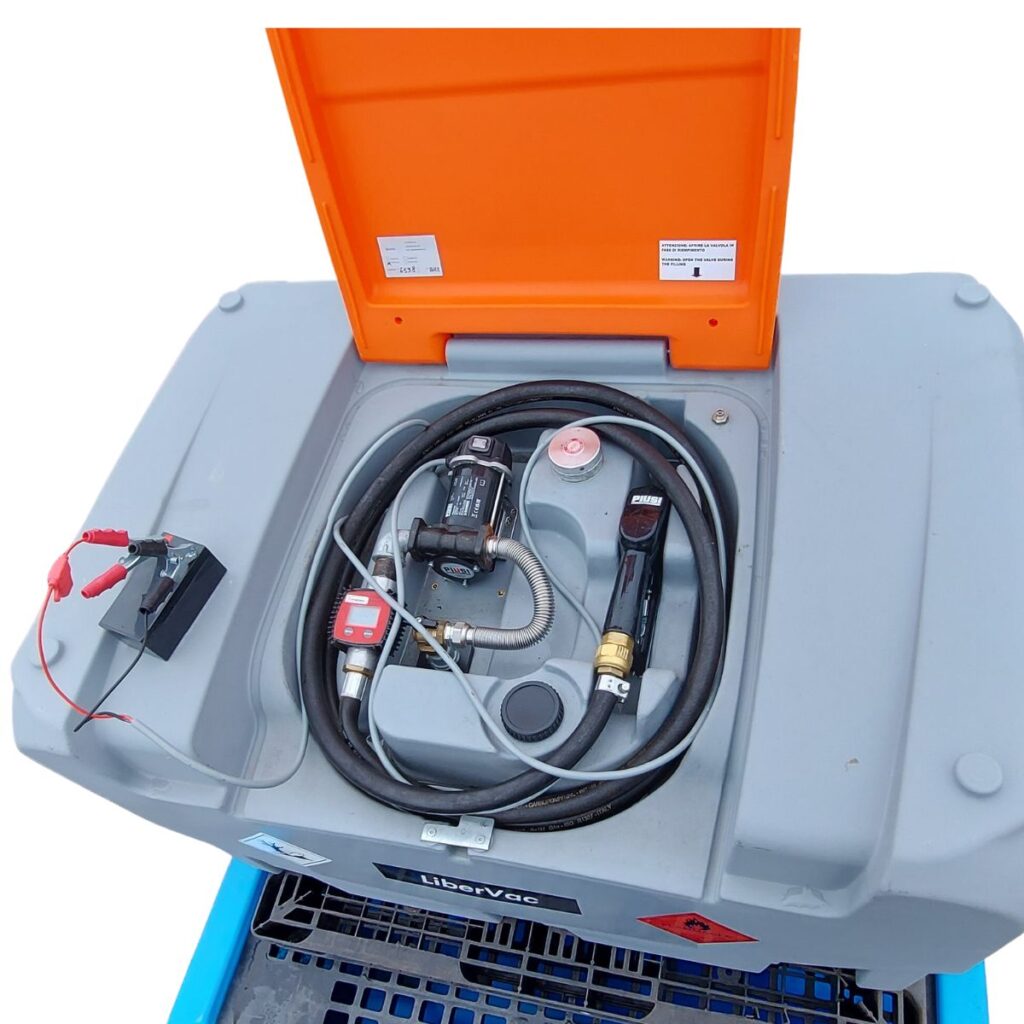HVO Diesel
Also known as XTL, green, or renewable diesel, HVO diesel is a remarkable synthetic alternative diesel fuel for vehicles or boats and it is likely to emerge as a significant home heating oil fuel in the next few years. HVO can be mixed with normal diesel as it is entirely miscible with it.
What Is HVO Diesel?
This is a paraffinic fuel made from 100% waste materials like cooking oils or fats that undergo a process of hydro-cracking and refining to yield hydrotreated vegetable oil (the full name for HVO diesel).
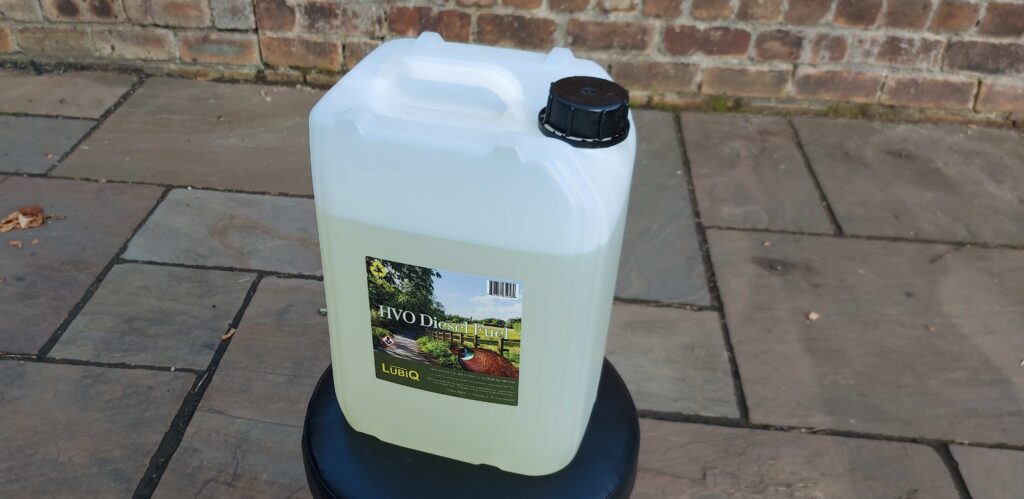
As well as being green, due to the use of waste feedstocks, HVO burns exceptionally cleanly with much less smoke, soot, smell, or NOx emissions; the net green house gas emissions cut of a car, generator, or oil-fired home heating boiler using HVO can be as high as 90%.
Is HVO Diesel Easy To Get?
In short no, it is not particularly. Many bulk fuel suppliers do stock HVO diesel, and there are a a lot of truck fleets, construction site equipment, and farms using HVO, but it is rare at forecourts at the moment although UK Fuels truck stops are expanding the availability to around 50 sites.
That’s why we supply HVO in 10 and 20 litre jerrycans, IBC pallets or for bulk delivery.
PLEASE SEE OUR RANGE ON THIS LINK

At the moment HVO diesel is taxed just like fossil diesel for road vehicles (even though its not easy to get for your family car until now!). This may change if the UK government, which is stopping installation of kerosene fired boilers by 2025, comes up with a way for HVO home heating fuel to be exempt in some way.
Will My Car, Van Or Boat Run On HVO?
Yes this type of diesel fuel is a direct drop in alternative to DERV which can also be mixed with standard diesel you will likely get a couple more miles per gallon also!
Many OEMS and engine brands like DAF, Volvo Penta marine engines, and Audi have indicated there are no issues with using HVO diesel.
You are dramatically reducing emissions without any need to modify engines or fuel system; for oil fired home heating boilers it is slightly different, but estimates of needing to spend around £500 are not prohibitive.
What Is The HVO Price Vs Diesel ?
Looking for the all important HVO price vs diesel price? It is more expensive at the moment at around £1.70 to £3.00 + VAT per litre due to limited infrastructure and supply.
We expect that folks looking for an HVO fuel price comparison will soon be pleased to observe lower prices as this becomes a more popular fuel across rural homes, industry, delivery vans, and family cars.
There is now more capacity for the hydrotreating process being installed and upgraded in the USA, Holland, and Singapore with key companies like Neste, Eni and Phillips 66; the last is an oil major that are actually making HVO diesel on Humberside now.
Download an Eni HVO Diesel Data Sheet
Is HVO Diesel Different To FAME Biodiesel?
Yes, it is. FAME Biodiesel has been in production for some years and uses the same feedstocks as HVO but a less advanced and rigorous process; biodiesel tends to suffer from growing algae in longer term storage and poor performance in cold conditions.
HVO is what is termed a ‘second generation’ biofuel and is a 100% renewable diesel fuel; there are other exciting developments also in sustainable aviation fuel (SAF) which was recently trialled in RAF jets!
Can I Store HVO Diesel For Long Periods?
Yes, it is a very consistent and stable fuel that can be stored for up to 10 years with only minimal need for fuel polishing. It also has outstanding cold weather performance being useable at minus 20 degrees Celsius; it is a popular fuel in Nordic countries, where a major producer of HVO is also based.





